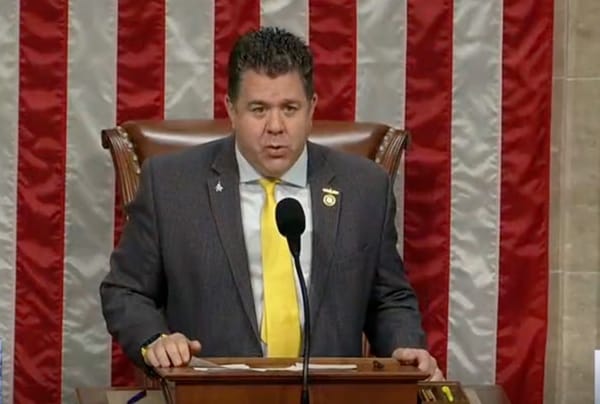
Funding
House Passes Funding Minibus Excluding ACP, Rip-and-Replace
The House of Representatives passed a $1.1 trillion spending package Friday morning which omits funding for key broadband initiatives.

Funding
The House of Representatives passed a $1.1 trillion spending package Friday morning which omits funding for key broadband initiatives.

Open Access
The country boasts internet penetration with 98% served with Gigabit symmetrical speeds.
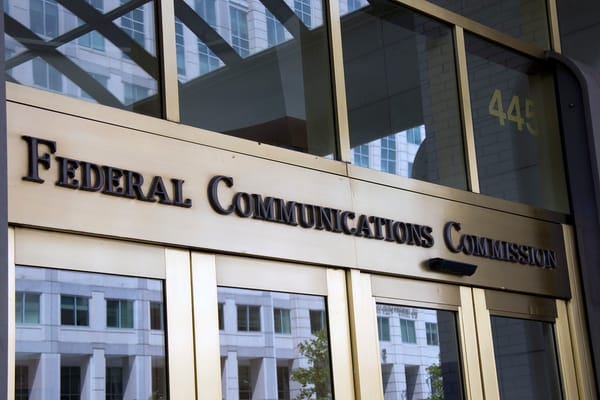
Net Neutrality
Many public interest groups highlighted what they said was the increased importance of broadband as a public utility.
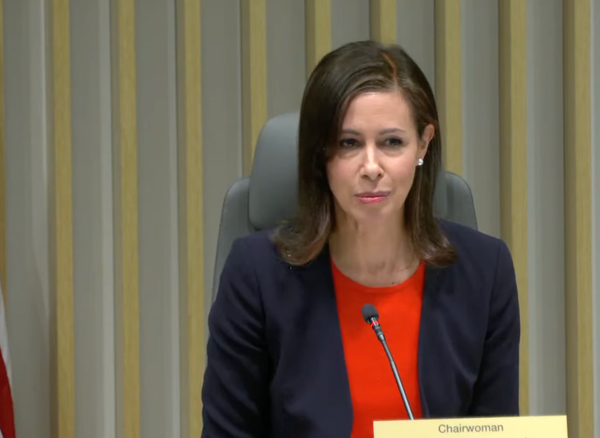
FCC
The commission set up a “rapid response team” to handle disputes.
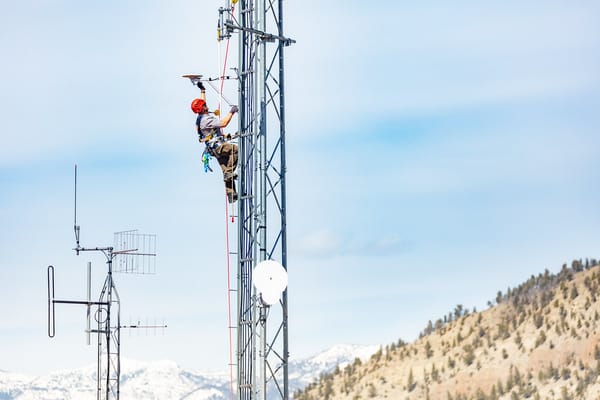
FCC
The 5-year deal hopes to limit accidents on tower builds.
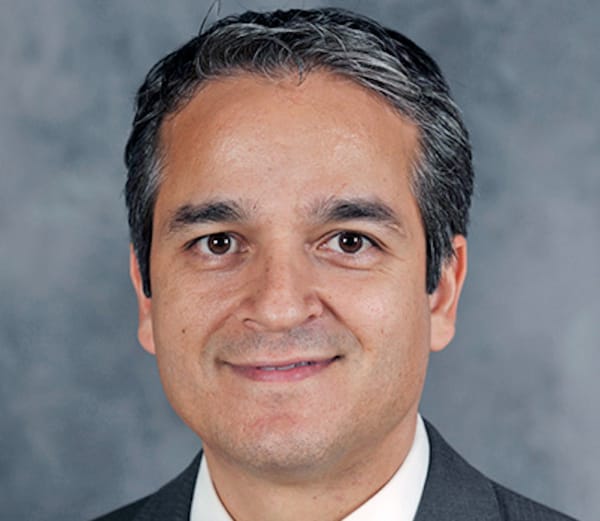
Expert Opinion
As states rush to outline their BEAD spending plans, time is of the essence.
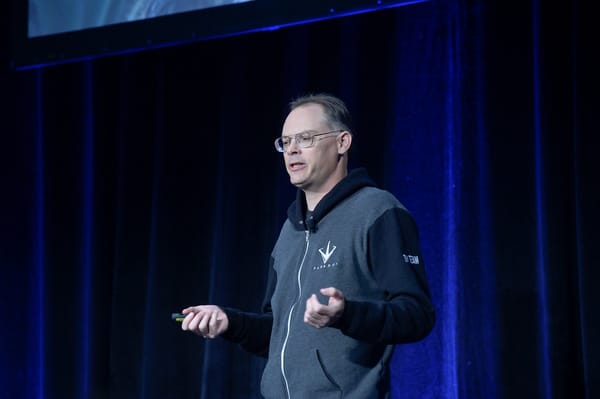
Google has been found guilty in an antitrust trial brought on by video game company Epic Games.
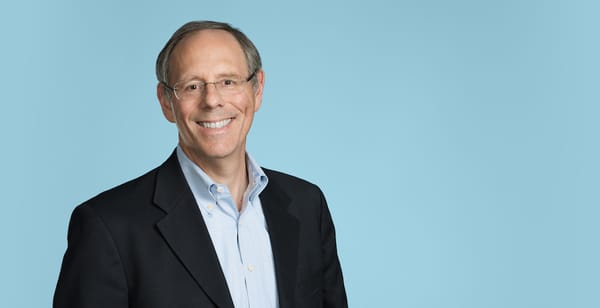
Robocall
Industry experts argue that more caller information should be added onto calls tagged as spam.
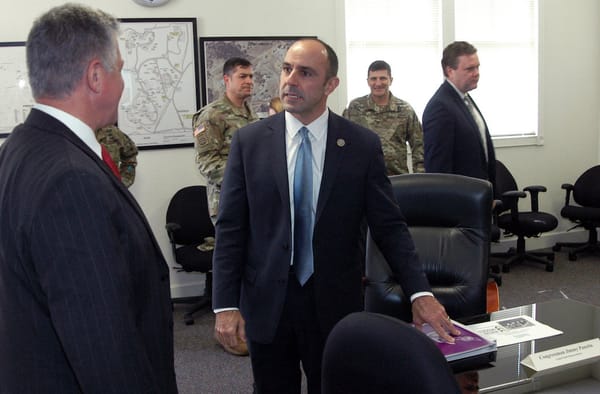
AI
A bipartisan bill that would give rural households a $300 tax credit to purchase a mobile hotspot
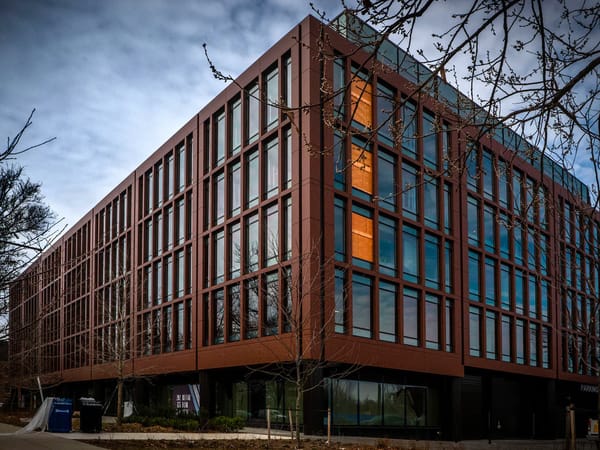
DC
The Whitman-Walker’s Max Robinson Center will be able to serve an extra 10,000 residents with telehealth.

Expert Opinion
The 5G war is on and there’s a lot of concern about the U.S. position vis-a-vis China.
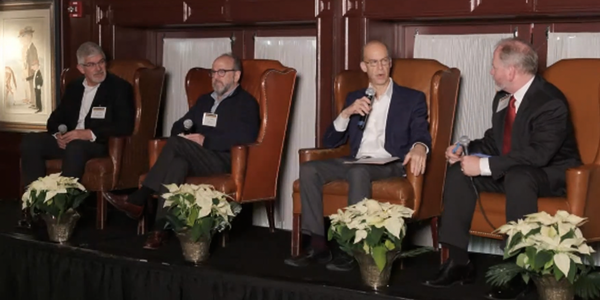
Open Access
The model is well-suited to address the problem of indoor connectivity, experts said.

The FCC is partnering with state attorneys general to crack down on cybersecurity measures.
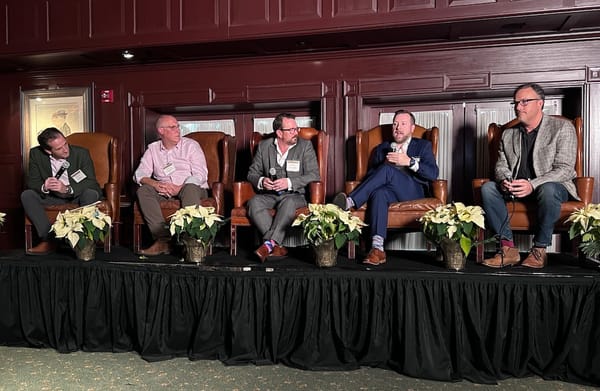
Infrastructure
The high cost of data transport and high latency could hinder fiber builds in rural areas.
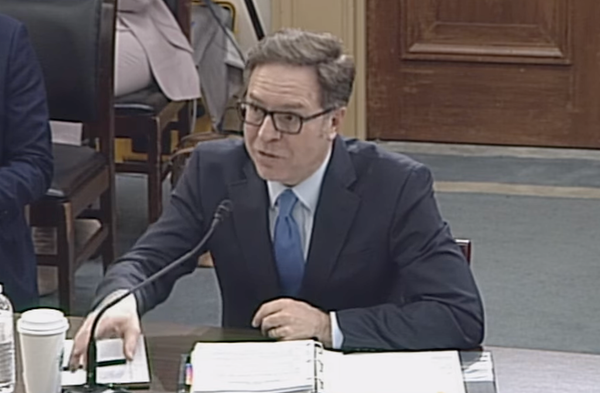
Spectrum
NTIA head Alan Davidson told lawmakers the unpublished study says sharing in the band is not currently feasible.
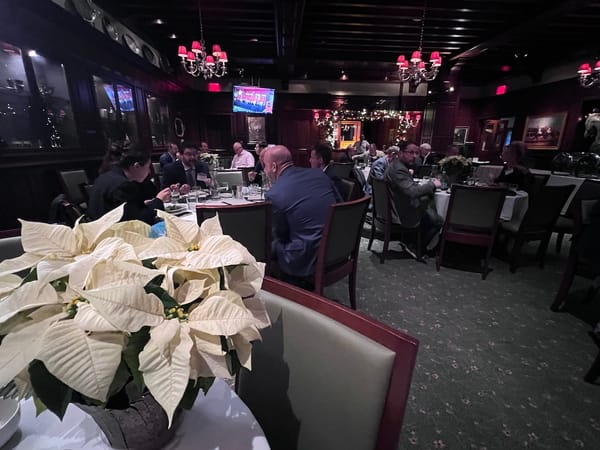
Broadband Mapping and Data
Some state officials are concerned about county-level understaffing.